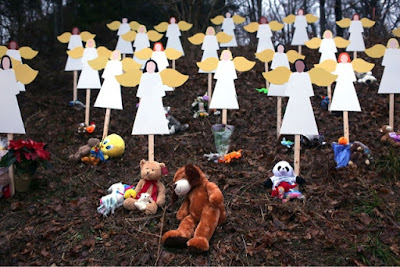COFFEE
Sure, there are cops who prefer energy drinks, juices and sodas, and those freaks that drink only water, but for a large number of cops, only java juice hits them like an arrow from Cupid's bow.
CARS
Cruiser, patrol, sled, black and white, squad, or unit, no matter the name used to describe a cop's ride, few other things rev a cop's engine like their police car.
A home, office, and rolling cover, cops remember their first crusier like they remember their first love (without the guilt).
Even a messy car partner or a drunk prisoner can't come between a cop and his car. After a quick hose down and some industrial air freshener, the cop and their car are ready to ride off into the sunset again.
REPORTS
While it may be true that for every action there is an equal and opposite reaction, for cops, every police action equals a report. As one cop friend likes to describe his job, "I document crime."
Although a necessary and important part of the job, the seemingly endless paperwork involved in policing can sometimes leave even the most motivated cop feeling like a box of melted chocolates.
COP SHOWS
Watch a tv cop show or movie with a police officer and you may want to borrow their Taser. There is no bigger critic of Hollywood's version of law enforcement than a cop.
"That's not how you handcuff someone!" "His officer-safety skills suck!" "Why don't they show the six hours of paperwork!"
Want to "Netflix and Chill" with your cop sweetie? Select a cop-themed show, and the only thing "chilling" may be your relationship.
Happy Valentines Day and Stay Safe!





































